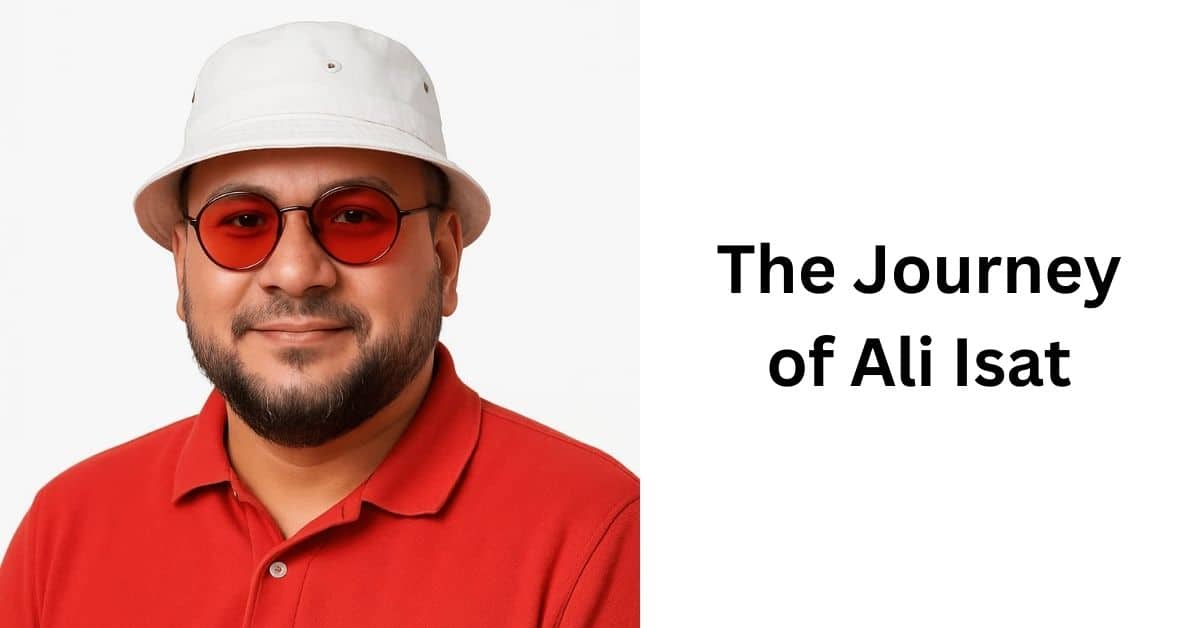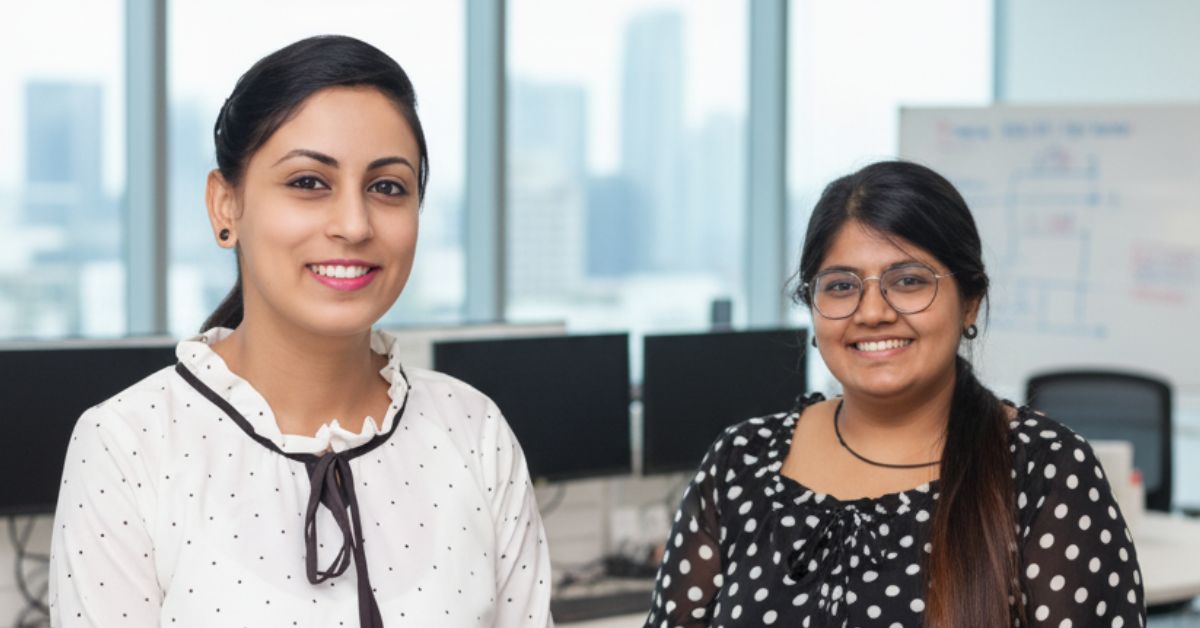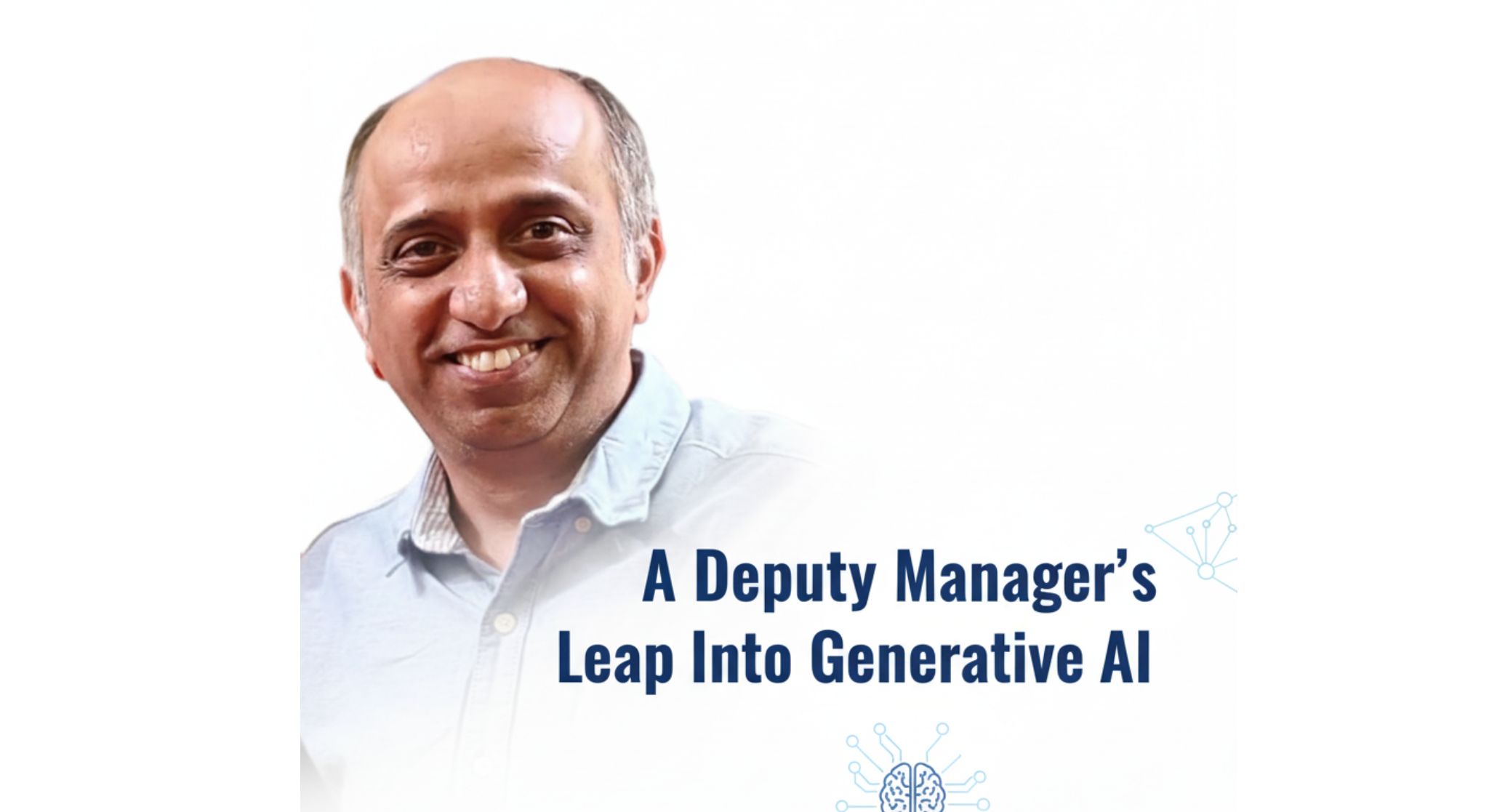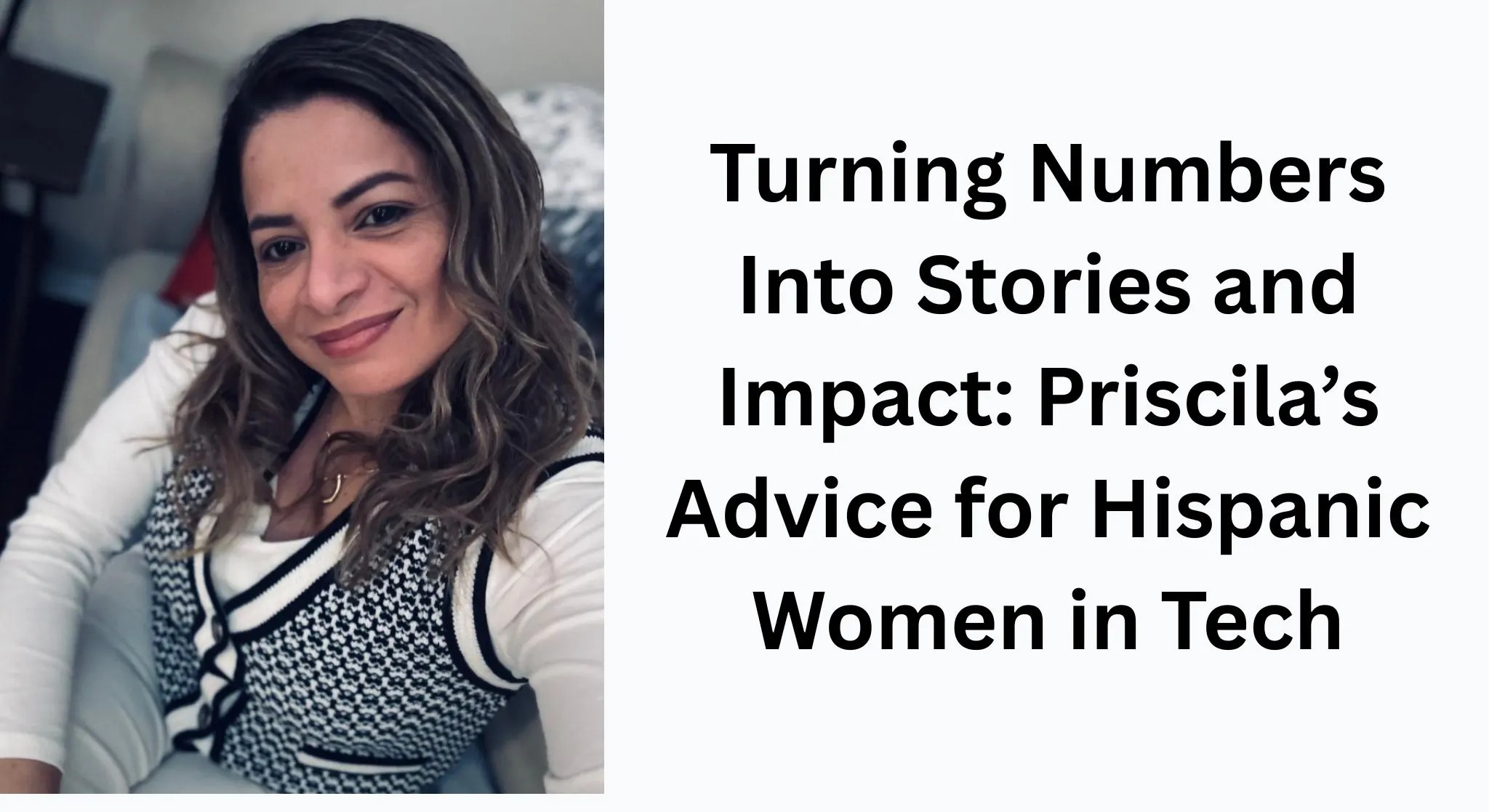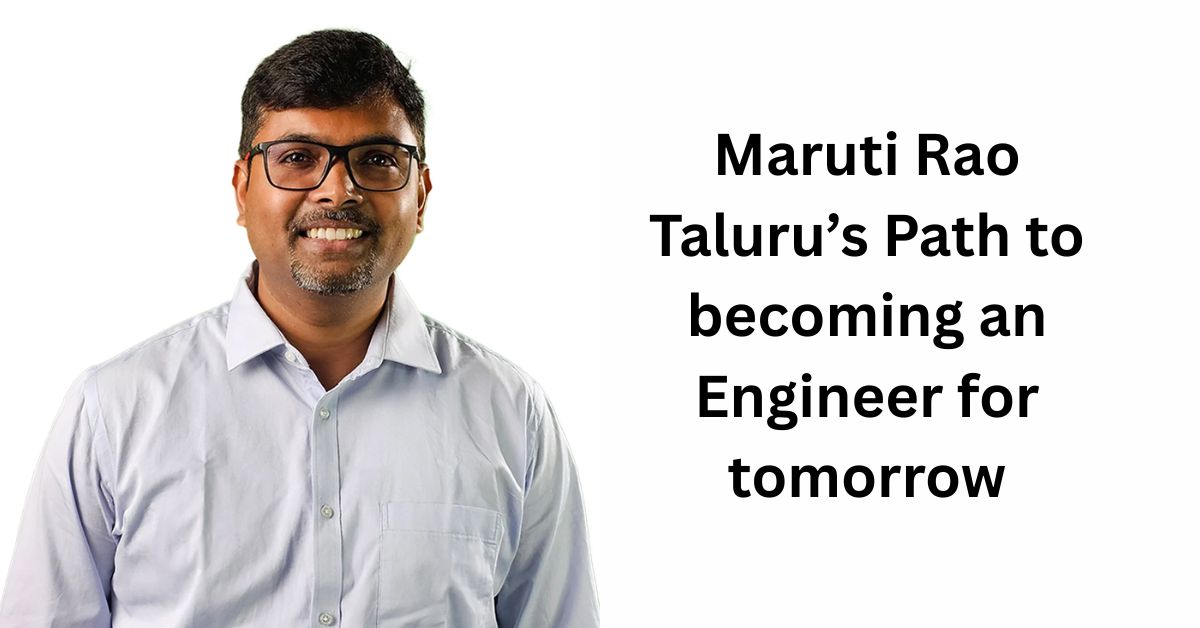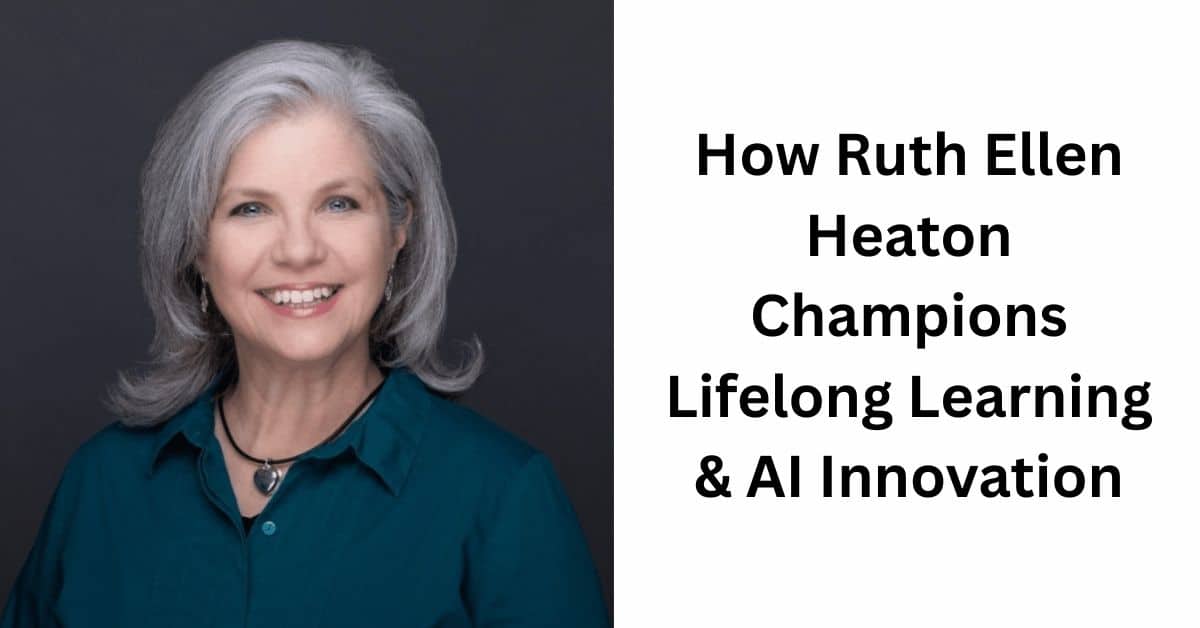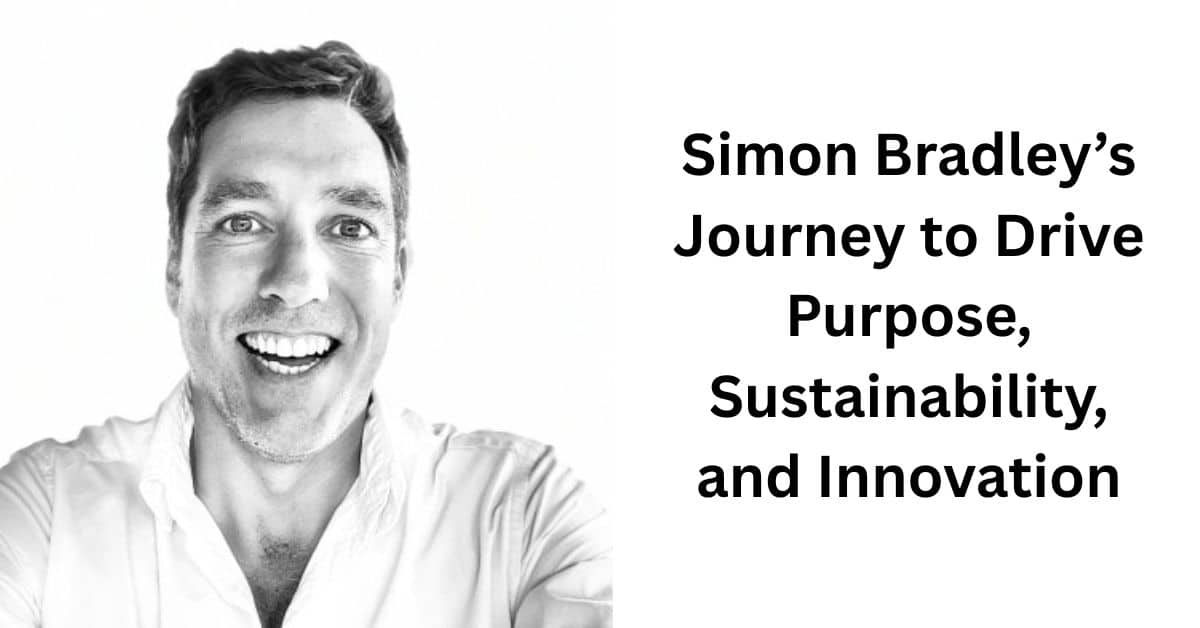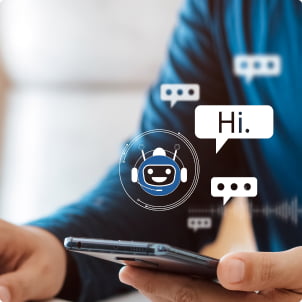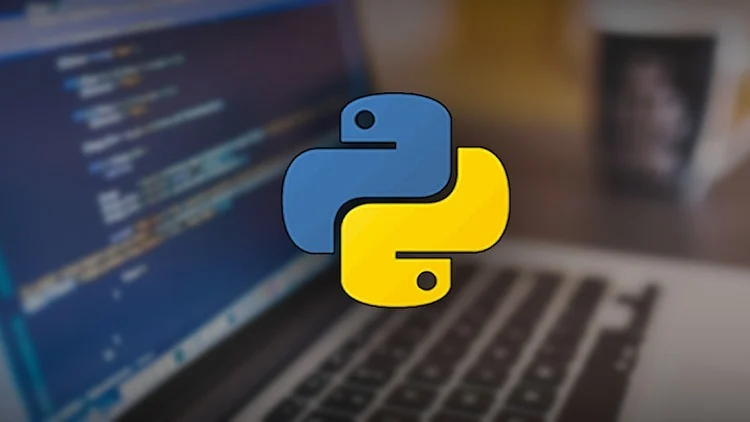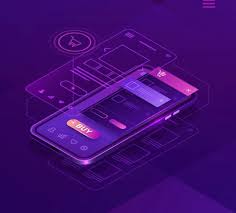Ali Isat built a career shaped by resilience and curiosity. With over two decades of experience in telecommunications, he navigated the evolving landscape of technology, solving problems and connecting systems that enable people and businesses to move forward. Yet, beyond the years of dedication lies a restless mind, one that is constantly searching for new ways to see, to learn, and to shape the future.
From Telecom Networks to AI Models
Ali began his career at the Botswana Telecommunications Corporation (BTC) as a sales support engineer, later moving into roles as a field engineer and project coordinator. Alongside his work, he pursued a diploma in telecommunications and electronics engineering, followed by a business degree that exposed him to project management, operations, and marketing. This blend of technical and managerial expertise enabled him to contribute to some of the country’s most critical communication systems.
But as Botswana accelerated its digital agenda, Ali realized his long-standing experience could play an even greater role if aligned with emerging technologies. “I saw AI as the missing piece to my puzzle,” he explained. Enrolling in the No Code Artificial Intelligence and Machine Learning program by MIT Professional Education became a purposeful decision that would help him grow personally and contribute meaningfully to his country’s progress.
The Bridge Builder: Connecting Three Worlds
One of Ali’s striking insights during the program was recognizing the interconnectedness of telecommunications, business management, and Artificial Intelligence and Machine Learning. He had always approached problems by looking for patterns and optimizing systems, instincts that lie at the core of AI.
In telecom, he worked with nodes and signals. In business, he managed workflows and customer experiences. In AI, he dealt with features, models, and outcomes. At first glance, these seemed like separate worlds, but for Ali, they formed one continuum. “What I learned is that everything connects,” he reflected.
Even the idea of optimization carried across all three fields. “In telecommunications, optimization meant minimizing signal loss. In business, it meant reducing waste and improving efficiency. In AI, it meant minimizing error and maximizing accuracy.” Recognizing these similarities helped him see the program as a natural extension of his professional journey.
When Experience Meets AI
The program’s focus on No Code platforms such as RapidMiner and KNIME played a pivotal role in Ali’s journey. “I didn’t need to become a coder,” he said. “I needed to become someone who could design solutions and apply them directly.”
Through hands-on projects, Ali tested his learning in real-world scenarios. He built a hotel booking cancellation prediction model and created an SMS spam detection system, which tied directly to his telecommunications background. “These projects made me realize that AI is not some futuristic magic; it’s a practical tool when integrated correctly,” he shared.
The confidence he gained extended beyond the classroom. Ali began envisioning how AI could reshape industries in Botswana, from predictive analytics in tourism to smart systems in mining that improve efficiency and safety. “I’m now confident and knowledgeable about AI. I can sit and discuss my plans with investors,” he noted.
A Mindset for the Future
Ali’s story carries an important message for professionals who hesitate to embrace new technologies. He believes that AI is not reserved for a younger, more technical generation. “AI is for everybody. It’s not for technical people only,” he emphasized.
Reflecting on his journey, he acknowledged that starting earlier would have accelerated his career further. “If I had this knowledge I’ve acquired now, I would be farther today. I would be running my own company and transforming even our nation.” This reflection does not carry regret but rather a renewed determination to use what he has learned to shape the future.
His story is a reminder that transformation does not always require starting over. Sometimes it requires reframing what we already know and daring to apply it in new contexts. In his words, “AI has given me a new way of seeing things. It has opened doors, not just for me, but for what I can bring to others.” With that mindset, Ali stands ready to help build a smarter Botswana.
